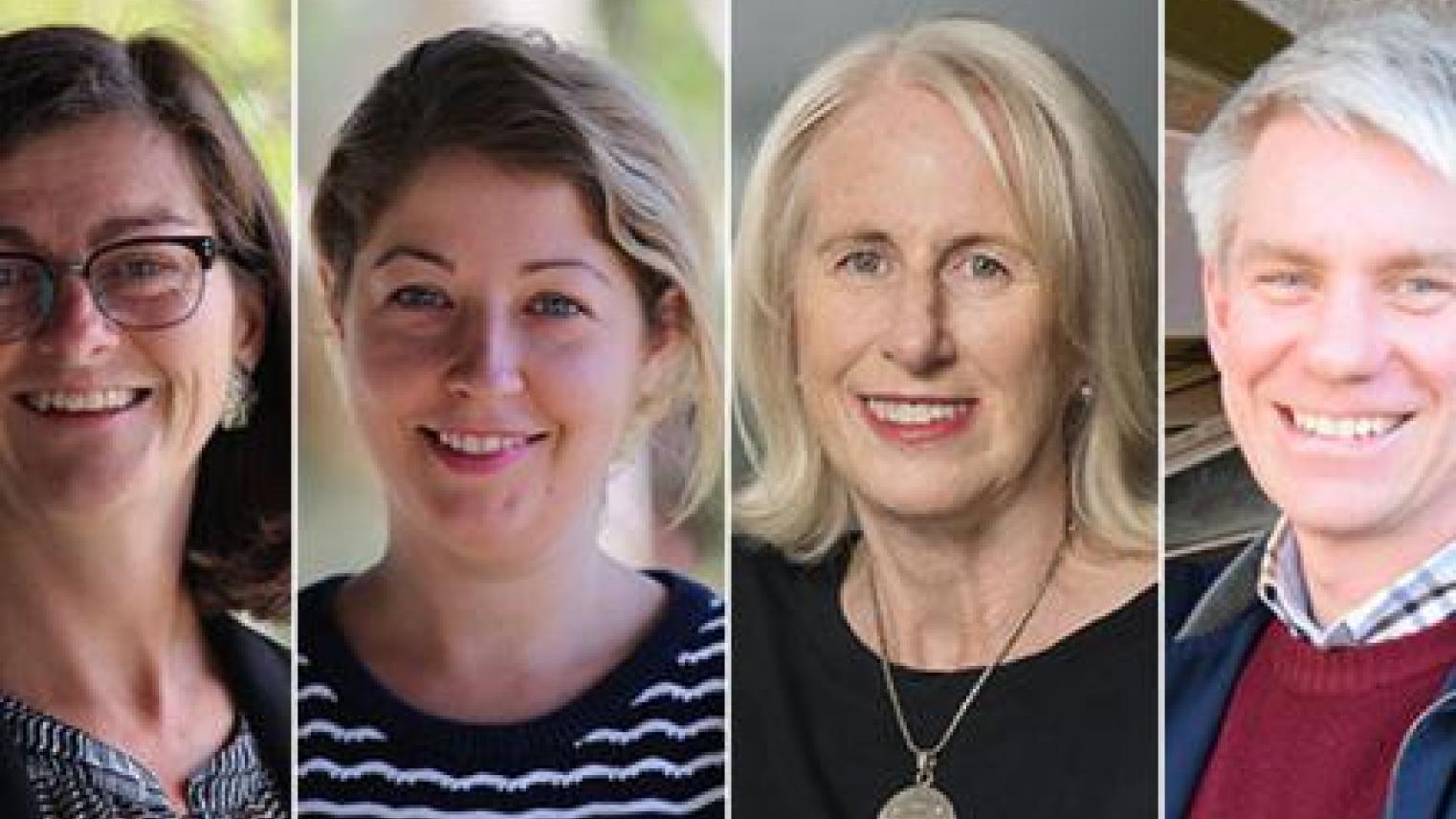RegNet scholars awarded Discovery and Linkage Project Grants

RegNet’s Professor Sharon Friel, Dr Belinda Townsend, Honorary Professor Fran Baum; and UQ’s Dr Katherine Cullerton have been awarded funding under the ‘ARC Linkage Projects’ scheme for their project titled “Understanding engagement to regulate the commercial determinants of health.”
The project led by Professor Sharon Friel, Director of the Menzies Centre for Health Governance aims to generate new knowledge on how government and non-government organisations can prevent poor health via their effective regulation of harmful commodity industries, specifically alcohol and highly-processed food.
“The significance of this project is its innovative approach to regulation, with a focus on engagement processes between state and non-state actors for the management of harmful commodities.” said Professor Sharon Friel.
“The expected outcomes include improved methodologies in the field of health governance, and enhanced capacity among Partner organisations to engage effectively with different industries.
“These outcomes will benefit health policy prevention goals.”
The project will be completed in partnership with: Obesity Policy Coalition, FARE- Foundation for alcohol research and education limited, and Global NCD Alliance.
Building on RegNet’s positive results, Dr Jensen Sass, Braithwaite Fellow at RegNet, received funding as a Chief Investigator under ARC’s Discovery Project scheme for the study ‘Democratic Resilience: The Public Sphere and Extremist Attacks’.
The project’s leadership team spans the Australian National University, the University of Canberra, and the University of New South Wales (ADFA) along with partner universities in New Zealand, the United States and the European Union. Together this group was awarded $511,809 in the bid to shed light on how democratic societies respond to extremist attacks.
“This is an ambitious comparative study of how democratic societies grapple with terrorist incidents. We hope to explain why some societies hold up pretty well in the face of violent attacks, and even deepen their value commitments, while others become polarized, hateful and divided, which is precisely what terrorists want.”
“Preventing terrorist acts has been the focus of much terrorism research to date. Our approach is different - we accept that terrorism will occur but aim to minimize the societal harms wrought by these tragic events.” Chief Investigator Dr Sass said.
Deploying a mixed-method research design, the project will examine nine terrorist attacks across six democracies and is expected to yield important insights including the reasons for which some democracies succumb to polarization and the exclusion of key groups and measures to counter orchestrated political disruption.